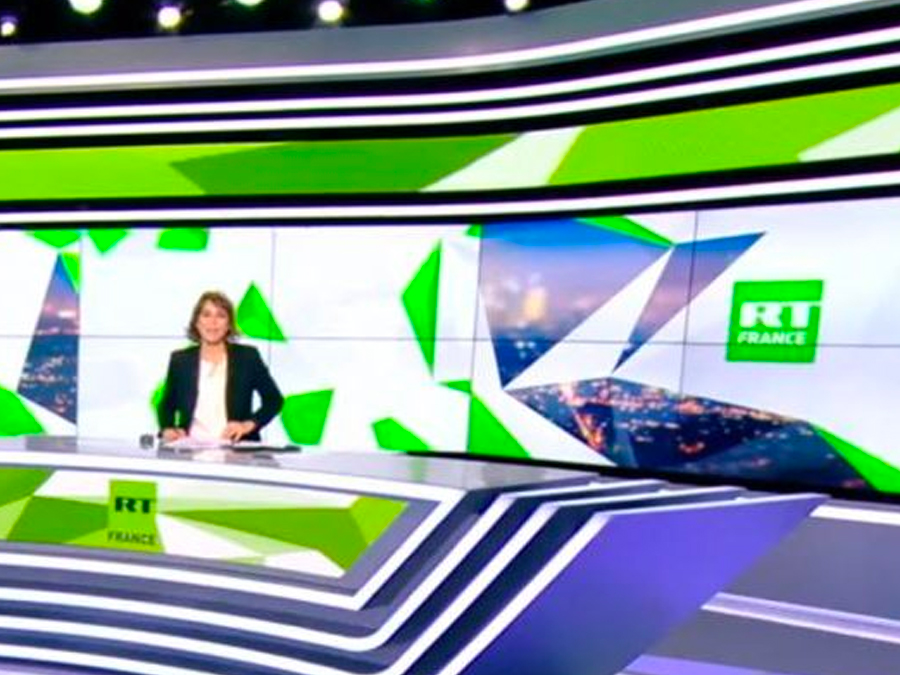The EU ban on Russian media: some worrying implications
The full analysis below explains why the EU bans on Russian media outlets, and the Court of Justice judgment in RT France v. Council relating to them, are wrong. The bans limit the right of individuals in the EU to receive such information and ideas, guaranteed by the EU Charter of Fundamental Rights and the European Convention on Human Rights, while EU rules on sanction violations can easily lead to the use of the criminal law against individuals in the EU for non-violent political speech.
The bans violate freedom of expression in that they:
- are not “necessary” or “proportionate” to the aim of countering alleged Russian propaganda because:
- as the European Federation of Journalists stressed, “[t]he real antidote to disinformation is not the banning of the media, but the promotion of a vibrant, pluralistic, professional, ethical and viable media ecosystem, totally independent of those in power”; and this is especially the case in Europe which, as the UN Special Rapporteur noted, is “a region where independent media and fact-checkers are able to challenge disinformation and where other less drastic measures could have been considered”; and
- the ban not only censors alleged propaganda for war or aggression and alleged “disinformation” (which is difficult enough to define), but also speech and information that does not constitute hate speech or propaganda for war and that is protected by the right to freedom of information;
- the ban and the associated mandatory criminal offences for “circumventing” them pose a real risk of individuals in the EU being prosecuted on the serious charge of “sanction breaking” that carries a custodial sentence for merely re-disseminating materials – including innocuous, non-hate- or war-mongering materials – from the banned media outlets.
The EU Court of Justice cursorily dismissed point (1)(1) and failed to address points (1)(2) and (2) altogether.
The bans, and the judgment, send a disastrous signal to the rest of the world that in the new Information Cold War (seriously over-)broad censorship can again take place.
If prosecutions of the kind described at (2) were to occur, one can only hope that the Member States’ courts were to reject them as in violation of the European Convention on Human Rights and the EU Charter of Fundamental Rights (in spite of the RT France judgment). If such prosecutions were to nevertheless be pursued, we may only hope that such national courts would put the (not yet addressed) issue to the EU Court of Justice, and that the Luxembourg Court would then rectify its dereliction of duty in its RT France judgment. Otherwise, ultimately (after the usual many years’ delays), the rectification would have to be done by the European Court of Human Rights in Strasbourg.
This is a deplorable state of affairs.
